Deal reached to build 355-unit development across from Brooklyn Botanic Garden
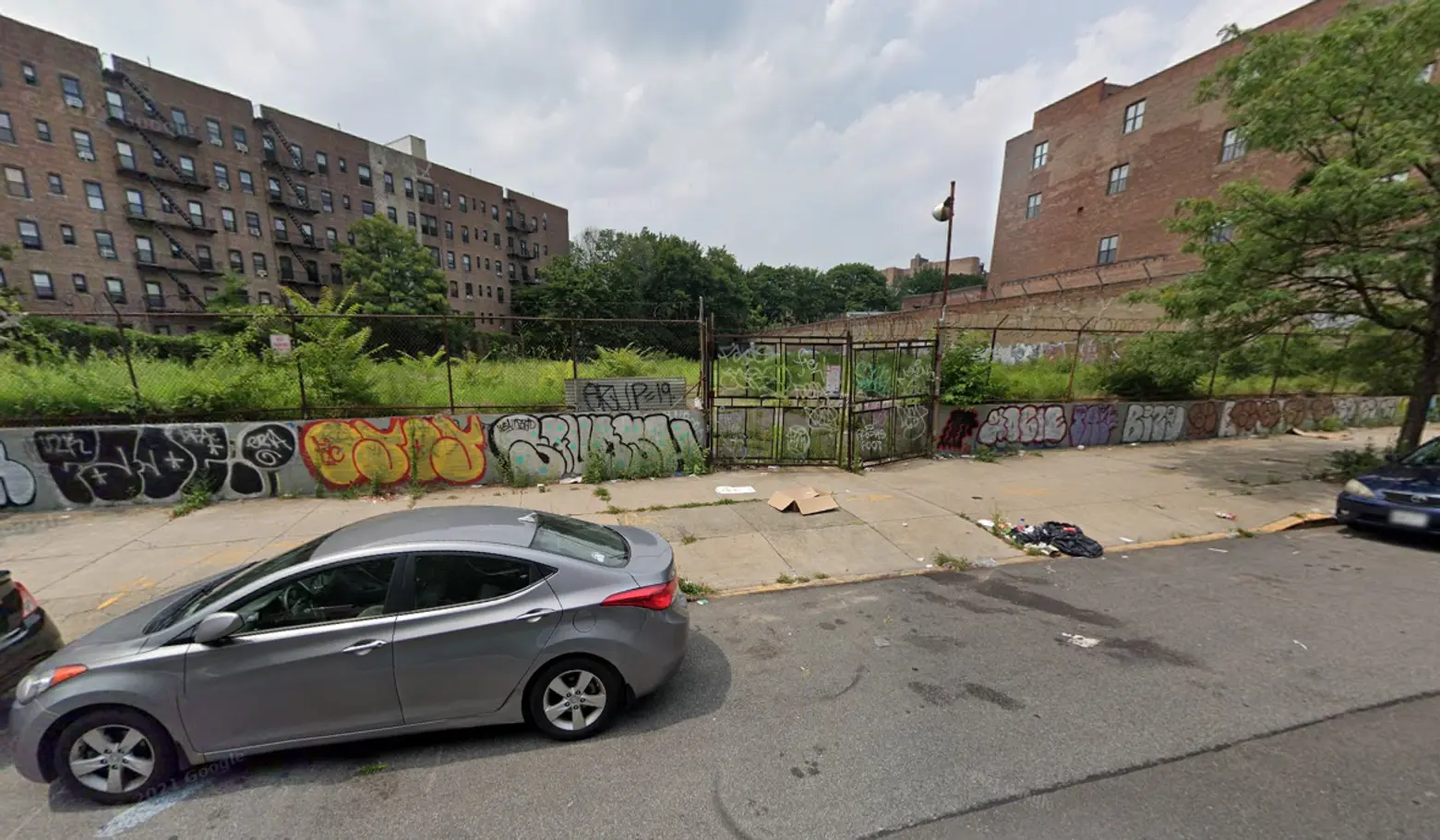
962-972 Franklin Avenue. Streetview © 2024 Google.
Several years and project iterations later, a new mixed-use building will rise across from the Brooklyn Botanic Garden. Developer Continuum Company and Council Member Crystal Hudson reached a deal to develop a 10-story project with 355 apartments, 30 percent of which will be income-restricted, at 962-972 Franklin Avenue in Crown Heights. The revised rezoning proposal, approved by the City Council’s subcommission on zoning on Tuesday, features additional changes to the roof slope to minimize shadows on the garden’s rare plant collection.
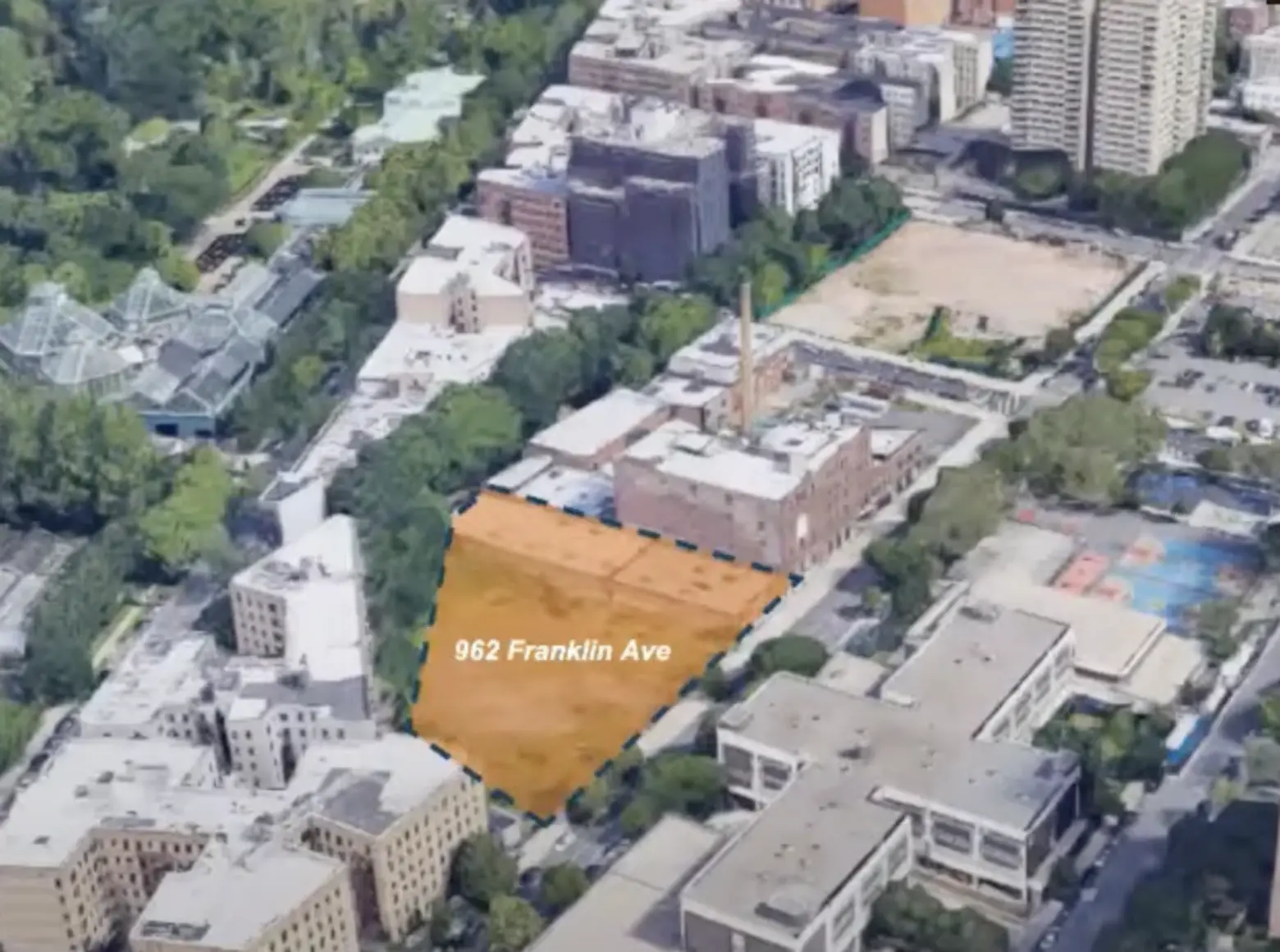
The project calls for 355 units, down from the 475 proposed by Continuum, with 106 income-restricted apartments. In exchange for a smaller building, and to make the project financially feasible for the developer, the deal includes the “workforce” option under the Mandatory Inclusionary Housing program, which sets aside income-restricted units for residents earning roughly 115 percent of the area median income.
The revised plan also goes further in reducing the height than the rezoning approved by the City Planning Commission in September. The project will now have a 10-degree roof slope, down from the 15 degrees approved by CPC, allowing more sunlight to reach BBG’s plant nursery.
The roughly 285,000-square-foot project includes ground-floor commercial space.
“After more than six years of discussion, debate, and vigorous public advocacy, the threat of permanent loss of sunlight for our living museum of plants is over,” Adrian Benepe, president and CEO of Brooklyn Botanic Garden, said in a statement.
“We are grateful to our elected officials for their steadfast support and diligent work to craft a plan that ensures the sunlight that plants need to survive, protects the Garden from permanent damage, and enables affordable workforce housing.”
The developer has committed to providing the garden with $500,000 for new infrastructure and $1 million to renovate the adjacent Jackie Robinson playground, according to Crain’s.
The project will next move on to a full vote by the City Council on November 21 where it is expected to pass, with support from Hudson.
Plans for the site materialized six years ago when the developer submitted zoning proposals for two 39-story towers with more than 1,500 apartments, with half of them affordable. Garden officials launched the “Fight for Sunlight” campaign in response, claiming the new high-rise towers would block sunlight from shining on its 23 greenhouses and nurseries.
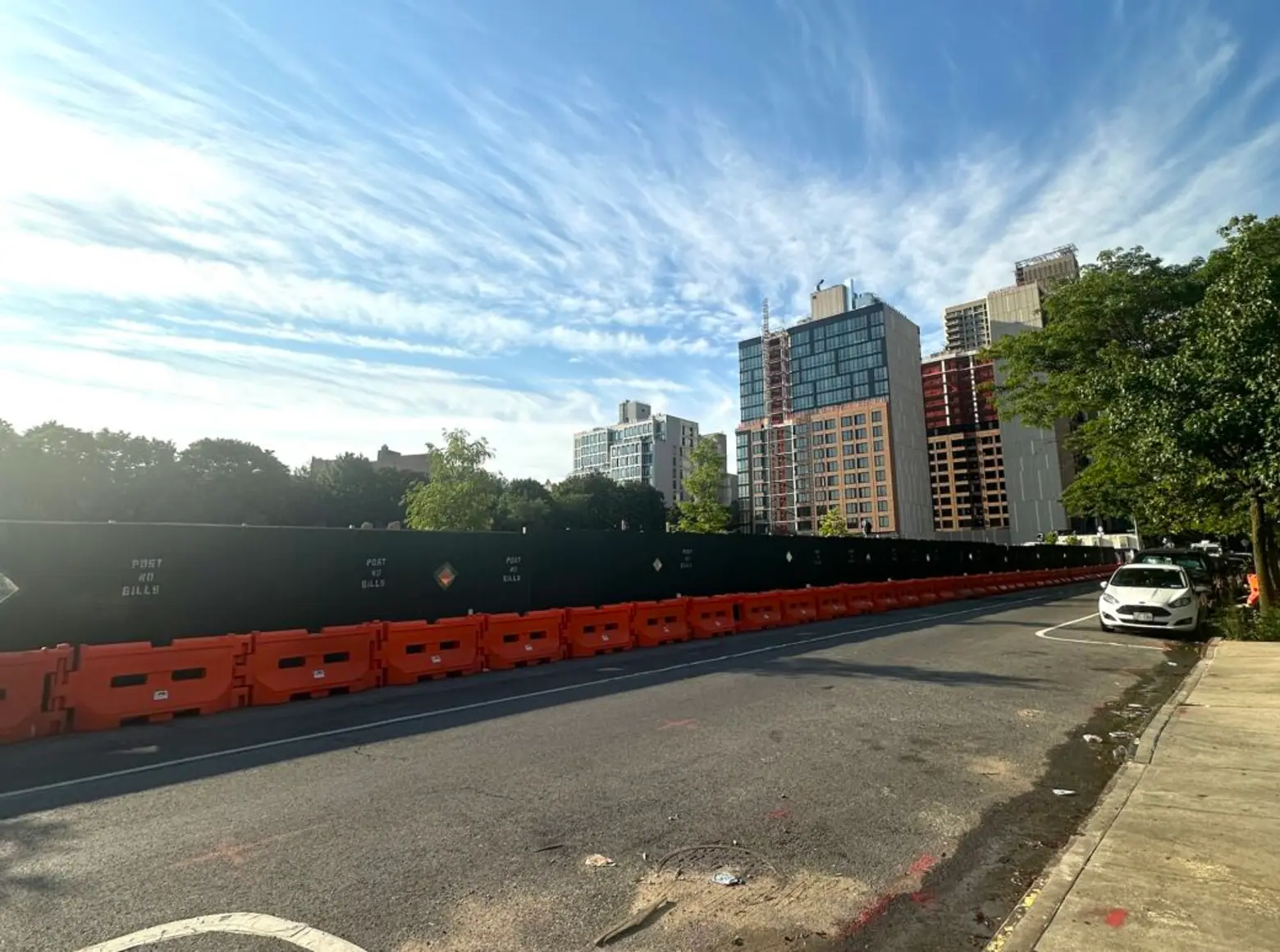
Former Mayor Bill de Blasio came out against the project in 2020 and despite a revised proposal, the City Planning Commission rejected the plan in 2021. One parcel originally part of the development, at 960 Franklin Avenue, was sold in May to developer Yitzchok Schwartz, who plans to build a 289-unit condo building there.
In September, the developer threatened to withdraw the application shortly after receiving CPC approval, paving the way for workforce housing to replace the low-income units.
RELATED:
- Crown Heights project near Brooklyn Botanic Garden may be scrapped despite city approval
- 289-unit condo proposed for Crown Heights site next to Brooklyn Botanic Garden
- NYC commission kills application for shadow-casting towers next to Brooklyn Botanic Garden
- In a win for the Brooklyn Botanic Garden, de Blasio says he opposes Crown Heights high-rise towers
Get Insider Updates with Our Newsletter!
Leave a reply
Your email address will not be published.

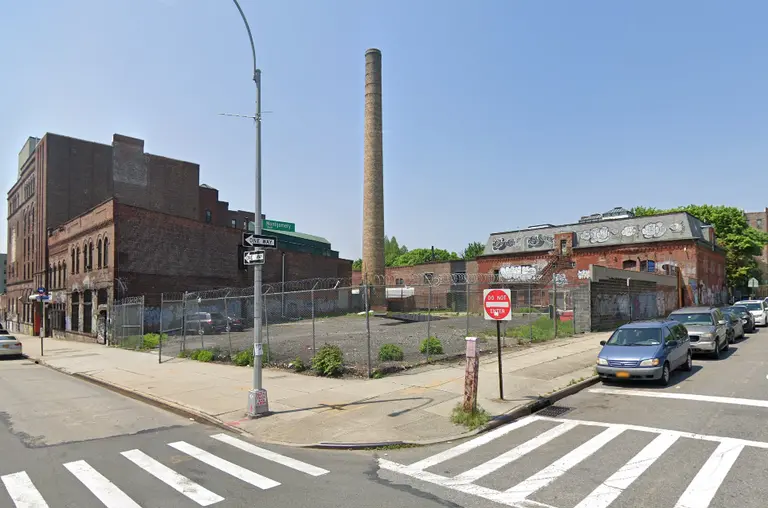
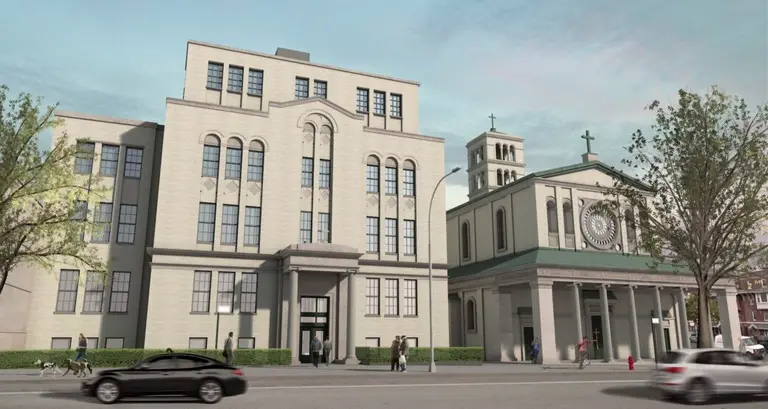
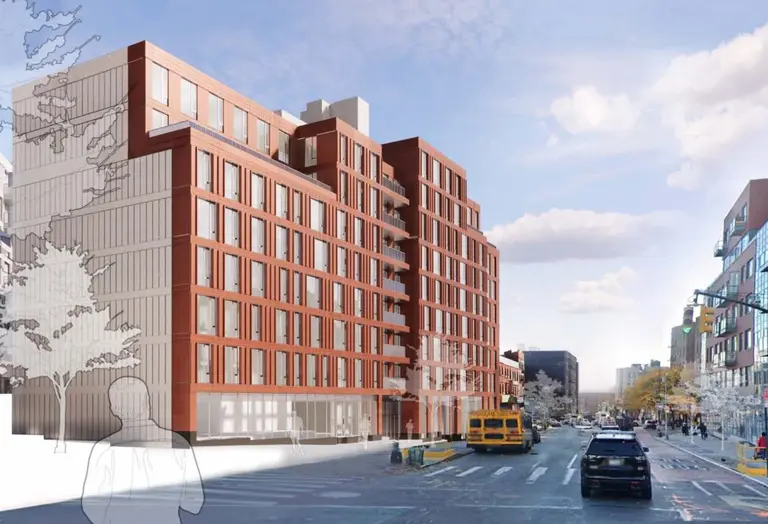
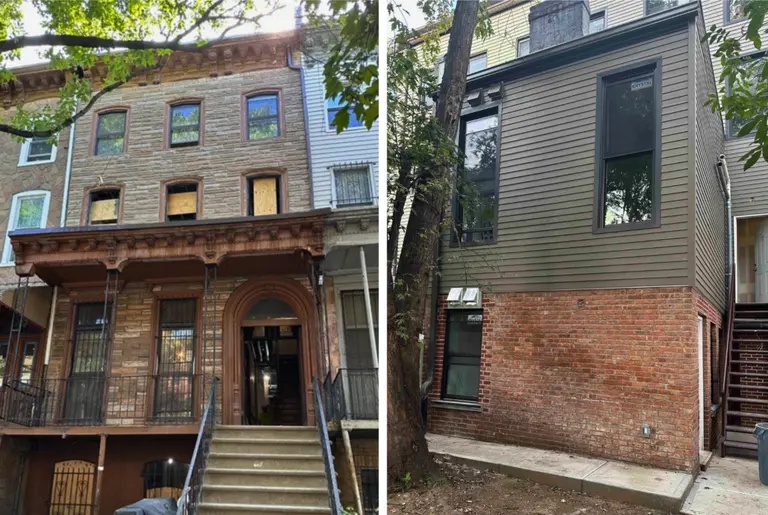
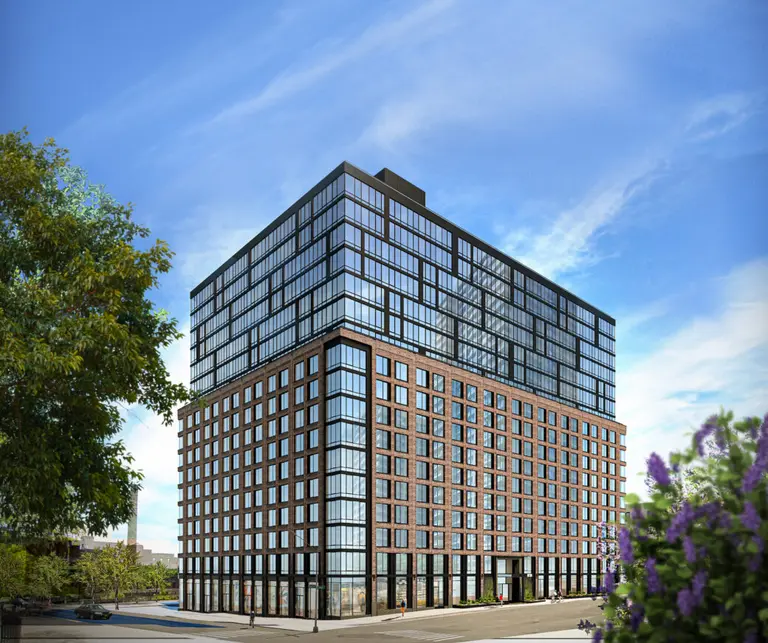





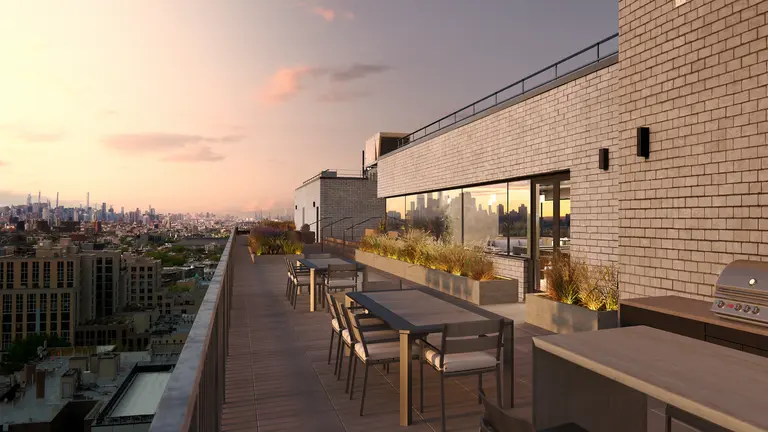
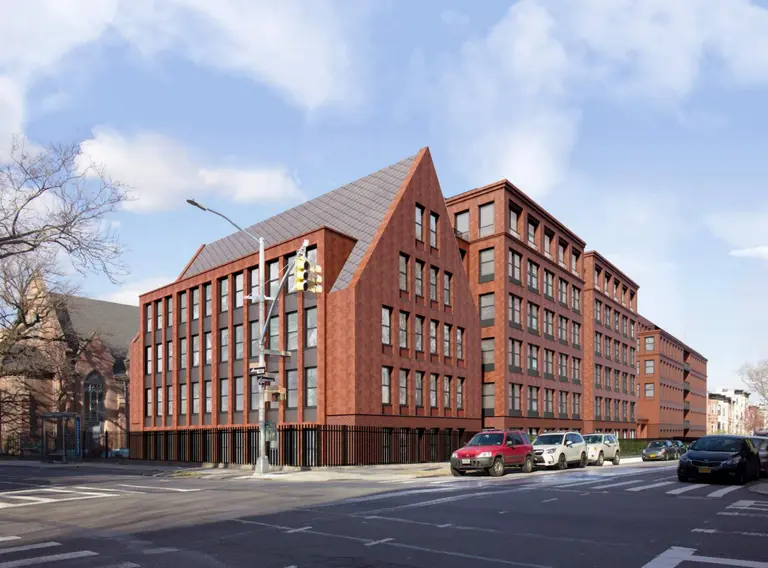
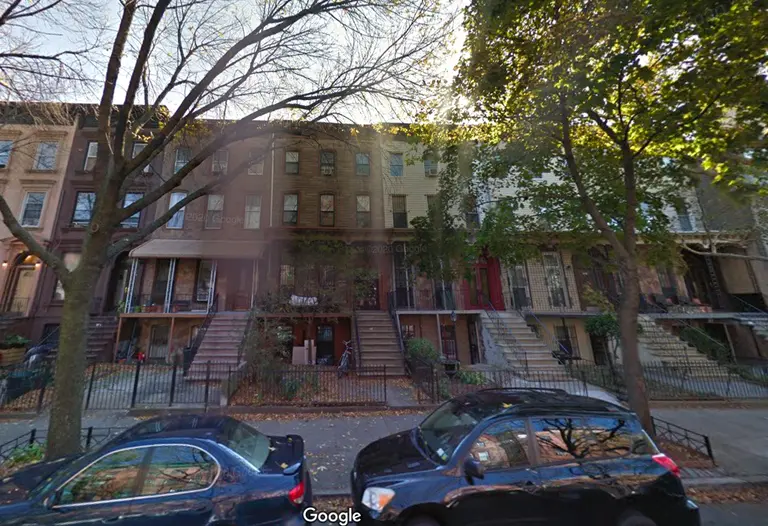
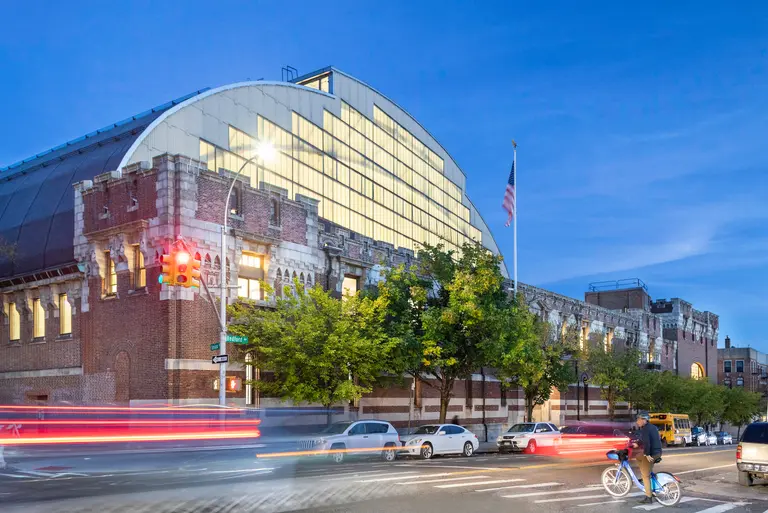
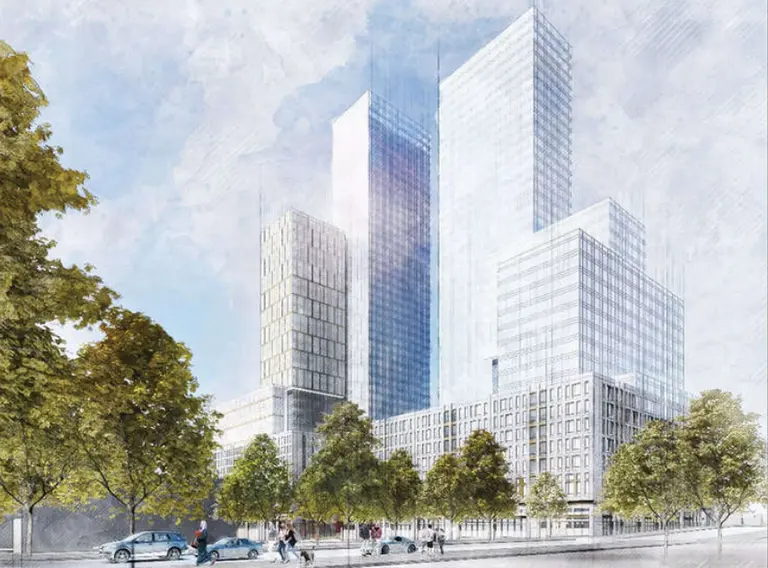












Again, crown heights become more unaffordable, work force option? nothing more but more high income units, there needs to be 30,40,60 and then some upper incomes in that building, how about some truly affordable senior housing in that area for our seniors, this area is close to the great amenities, but not for truly affordable housing, next stop in untruly affordable housing in another great area? Windsor terrace, the Arrow site, greedy developers always go for the higher incomes, another free give away to the developers, BUILD TRULY AFFORDABLE HOUSING IN THE GENTRIFIED NEIGHBORHOODS